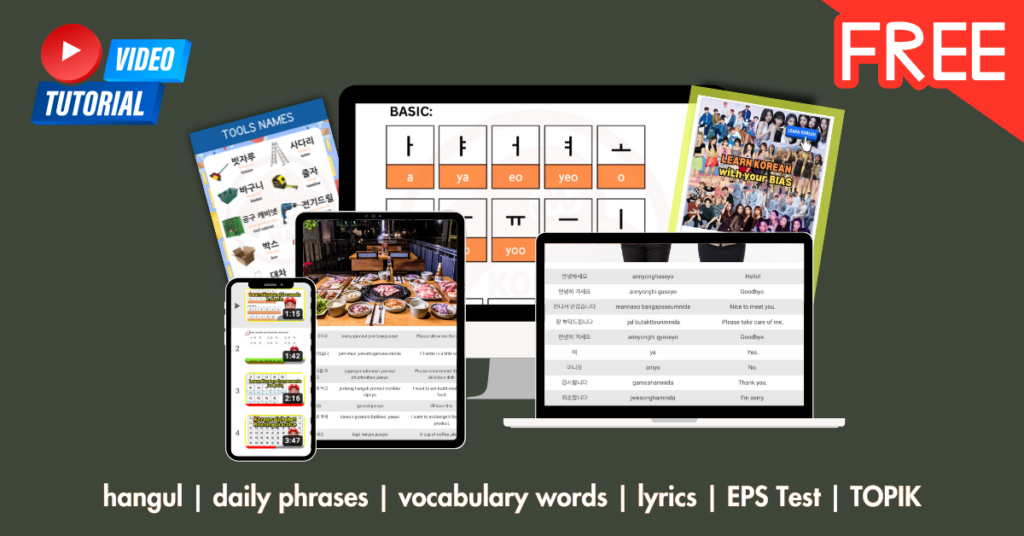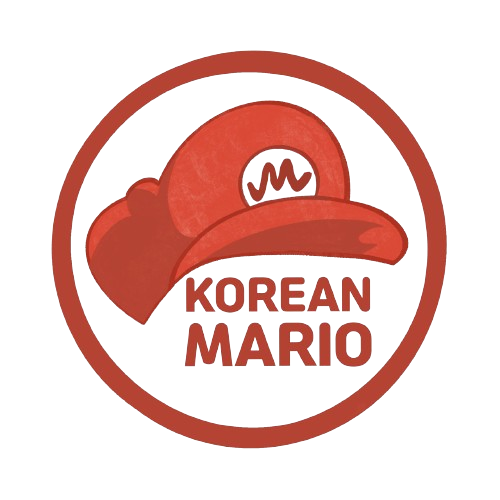
What is TOPIK Test?
The Test of Proficiency in Korean, is a standardized language proficiency exam designed to assess the Korean language skills of non-native speakers.
Purpose of Exam
The Test is widely recognized and used for various purposes, including academic admissions, employment, and Korea visa applications.
Applicant Requirements
- No Age Limit
- Open to All Nationalities who are not native Korean speakers
- Purpose-Specific Requirements: (e.g., university admission, employment, visa application)
- No Educational Background Requirement
- Registration Fee (The fee amount may vary depending on the country where the test is administered)
- Valid Identification (passport or national ID)
- Application Deadline (essential to adhere to the application deadlines)
Levels of The TOPIK Test
The Test has six levels, ranging from beginner to advanced proficiency. Each level assesses different aspects of the Korean language, including reading, writing, and listening skills. Here are the six levels of the Test:

How can I register for the TOPIK Test?
In Korea
If you are in Korea, you can register for the test on the official website. The registration fees for the test in South Korea were typically as follows:
– TOPIK I (Levels 1-2): Approximately 40,000 to 50,000 Korean Won.
– TOPIK II (Levels 3-6): Approximately 50,000 to 60,000 Korean Won.
It’s recommended to check the official website or contact the testing center in your region to confirm the current registration fees and any specific payment instructions. Visit the website to verify the contact information of the test centers in your country.
Outside of Korea
In most countries, the tests are typically administered by Korean Embassies and Korean Culture Centres (한국문화원) Alternatively, some affiliate institutes also handle test applications. To register, you will need to visit the embassy or an affiliate institution, bringing along 2 passport-sized photographs and the registration fee, which may vary from country to country.
Visit the website to verify the locations of the test centers in your country.
TOPIK Schedule for 2024
The exam is generally conducted 6 times a year in Korea and 4 times a year outside of Korea. However, the exact schedule and frequency may vary, and it’s essential to check the official website or contact the testing authority in your region for the most up-to-date information.
How is the exam structured?

Question Composition
TOPIK – I (Level 1-2)
70 Multiple Choice Questions – Reading (40 Questions) Listening (30 Questions)
TOPIK II (Level 3-6)
Level II has a total of 104 Questions:
– Reading (50 Multiple Choice Questions)
– Listening (50 Multiple Choice Questions)
– Writing (4 Short-answer/Essay Questions)
Writing section in Intermediate-Advanced Level:
The writing section consists of only four questions.
- Two of these are short-answer questions, requiring you to generate a phrase or sentence without the aid of multiple-choice options.
- Additionally, there are two essay questions—one addressing everyday life topics, offering relative simplicity, and the other tackling a more logical issue where you express your opinion.
- The first essay is relatively brief, ranging from 200 to 300 characters, and provides content hints.
- On the other hand, the second essay is more extensive, ranging from 600 to 700 characters.
How to check the examination results?
Visit the Official website, look for a section on the website dedicated to TOPIK results. This section may be labeled as “Check Results,” “Results Inquiry,” or something similar.
Validity Period
2 years from date of issue
Past Year Paper (FREE)
TOPIK I: Access Past Year Papers and Answers Now – Click Here to Download!
(Explore beginner-level grammar rules in this blog)
TOPIK II: Access Past Year Papers and Answers Now – Click Here to Download!
(Explore intermediate-level grammar rules in this blog)
This covers information about the TOPIK test, and updates will be made regularly to reflect the latest changes. Thank you.
Learn Korean With More Blogs

- EPS Free Course
- Learn with BTS
- Numbers and Words
- Travel and Daily Korean
- TOPIK
- Hangul – The Korean Alphabets
- Beginner Grammar
- Intermediate Grammar
- Tools Names
Table of Contents

